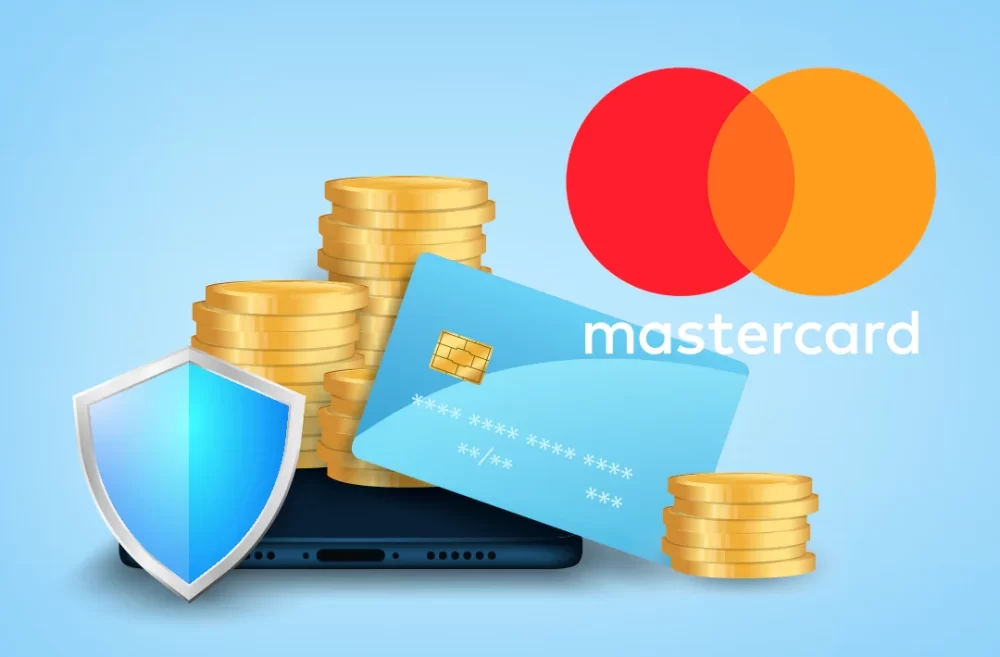Mastercard will launch pilot trials of the Multi-Token Network (MTN). As part of the initiative, the payments giant will experiment with tokenized bank deposits.
MTN will be available in beta this summer in the UK. A number of banks and financial institutions have been invited to participate.
As part of the innovation sprint, selected teams will have access to MTN capabilities to develop promising use cases for tokenized deposits.
Raj Damodaran, head of the company’s cryptocurrency and blockchain department, expects that over time, the initiative will also affect regulated stablecoins and CBDCs.
“Today, the global economy is driven by regulated money in banks. We start by creating tokenized bank deposits. Thus, a monetary unit in a bank account is a digital asset in the blockchain, providing the same level of programmability as a digital currency in a crypto ecosystem,” he explained.
The first types of applications and use cases that Mastercard intends to promote with tokenized banking money are combined with the Mastercard Crypto Credentials project. The latter acts as a blockchain analytics service that guarantees AML compliance.
“Let’s say a bank in the UK has this kind of tokenized form of deposit at an institution. Suppose another bank in Singapore has the same counterpart. One can be exchanged for another, which traditionally caused a lot of problems in terms of being able to move quickly and flexibly,” the specialist explained.
Recall that in October 2022, Mastercard announced plans to become an intermediary for traditional financial institutions in the launch of cryptocurrency trading.
In the same month, the company announced the launch of the Crypto Secure tool. It will allow banks to identify and stop transactions from crypto exchanges subject to fraudulent practices.

South African regulator will require licenses from local crypto exchanges
The South African Financial Conduct Authority (FSCA) will require local exchanges to obtain licenses before the end of the year. It is reported by Bloomberg.
The application process began a few weeks ago and will last until November 30th. The FSCA has already received about 20 applications from local cryptocurrency companies.
“The use of cryptocurrency products can cause serious harm to financial market participants. Therefore, it makes sense for us to introduce a regulatory framework,” said FSCA Commissioner Unati Kamlana.
If exchanges continue to operate without proper documentation after the deadline, they face fines or shutdown.
South Africa will be the first country on the continent to require digital asset exchanges to obtain licenses. According to Kamlan, time will show the effectiveness of the measures taken.
ForkLog previously reported that South Africa-based cryptocurrency exchange VALR has closed a $50 million funding round.
In August last year, the Machankura SMS service was launched in South Africa. It allows you to transfer bitcoin without access to the Internet.
The British regulator called the date for the entry into force of the cryptocurrency advertising regime
The UK Financial Conduct Authority (FCA) has issued a warning to crypto industry participants about the need to comply with the regime for promotions, which will come into force on October 8, 2023.
The regulator recalled that violators may face criminal liability, including fines and a prison term of up to two years.
For crypto companies, including those based abroad, the promotion will be legal if its organizer:
- is an FCA-registered market participant;
- received approval from a similar firm;
- filed an application with the FCA Department of Money Laundering and Terrorist Financing;
- complies with the exceptions provided for by the Financial Services and Markets Act.
Marketing campaigns in general must comply with the regime applicable to promoters of traditional finance services. It provides, among other things, “specific risk warnings” and the presence of safety features for inexperienced investors, such as a 24-hour “cooling off period”.
The FCA expects crypto companies to “clearly and clearly” inform consumers about their offers, as well as the termination of services.
Recall that in May, the UK authorities warned that, as part of the fight against fraud and cybercrime, they would ban cold calls used in the sale of financial products, including digital assets.





